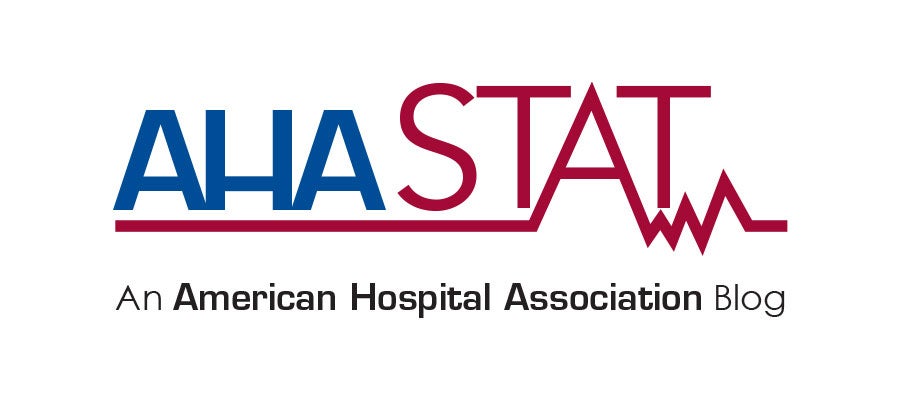
The AHA today submitted comments on the revised version of the Lower Health Care Costs Act (S. 1895), legislation to prevent surprise medical bills, reduce prescription drug prices, improve transparency in health care, invest in public health and improve health information exchange.





